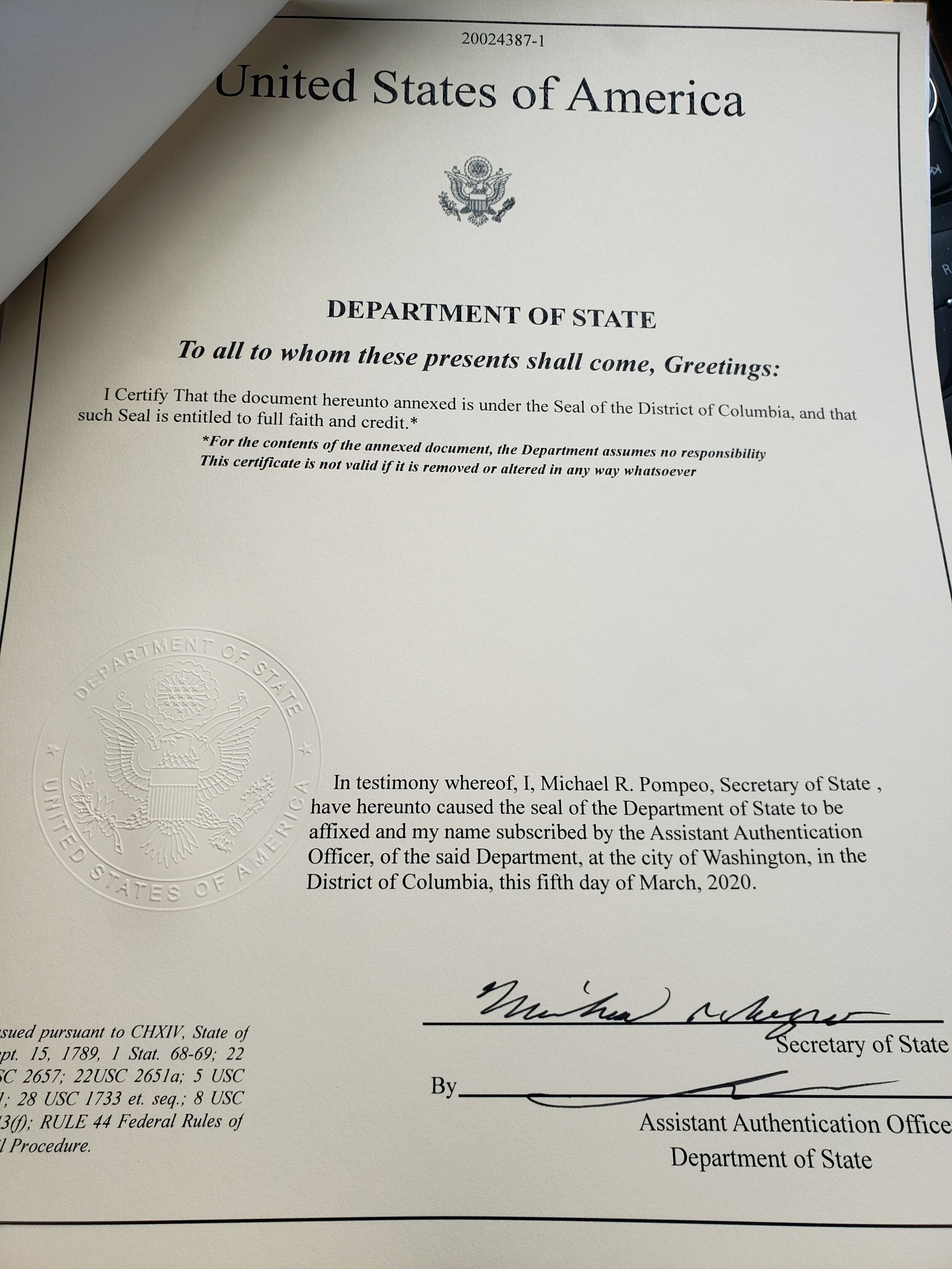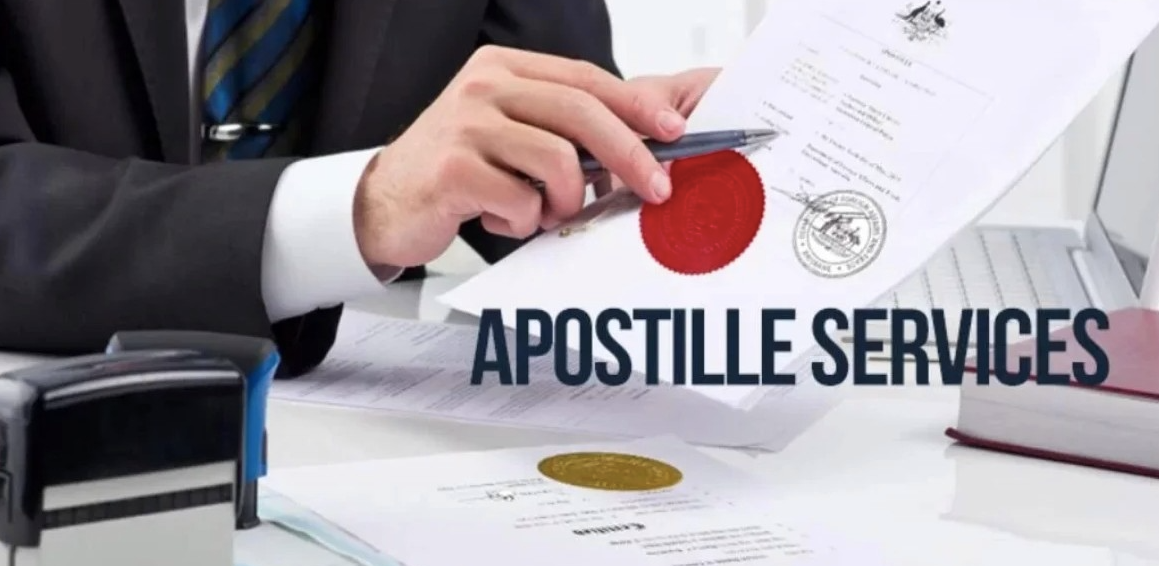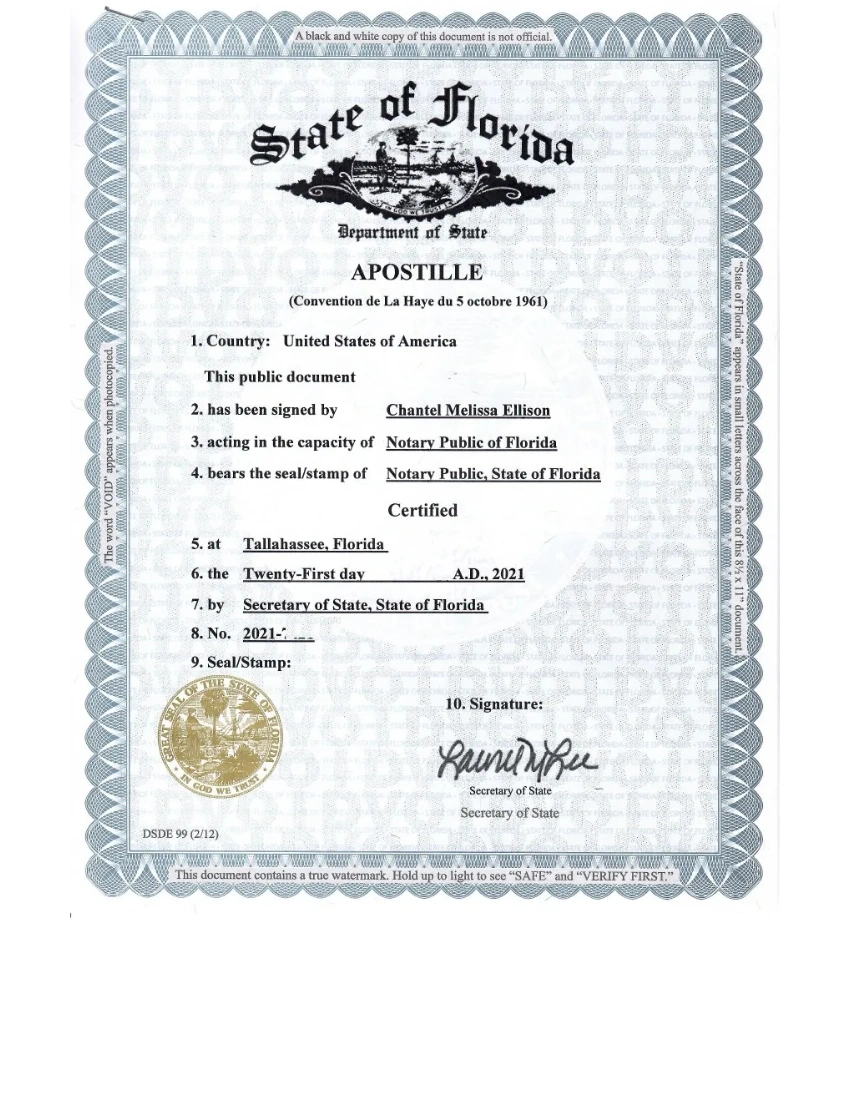Houston Texas Apostille Service: Your Path to Worldwide Acknowledgment
Houston Texas Apostille Service: Your Path to Worldwide Acknowledgment
Blog Article
Looking Into the Factors Behind the Compulsory Need of Apostille Qualification for Legal Documents
In the realm of lawful documents, the mandatory demand of apostille accreditation has actually ended up being an important aspect that dramatically influences the validity and recognition of legal papers on an international range. Understanding the reasoning behind this need includes delving into the detailed web of lawful intricacies, historic criteria, and worldwide arrangements that underscore the importance of apostille accreditation in today's interconnected world. By checking out the underlying factors behind this widespread requirement, a more clear photo arises of why this relatively governmental process holds such immense significance for federal governments, companies, and individuals alike.
Historical Advancement of Apostille Certification
How did the concept of apostille accreditation progress gradually to become an important part of global document recognition? The historic advancement of apostille accreditation go back to the very early 20th century. The requirement for a simplified technique of validating records for usage across boundaries emerged as international trade and traveling enhanced. In reaction to this requirement, the Hague Seminar on Private International Law presented the Apostille Convention in 1961. This worldwide treaty developed a structured process for accrediting the credibility of records to be acknowledged in participant nations.
Originally embraced by a couple of European nations, the Apostille Convention progressively obtained global acceptance due to its efficiency and efficiency in confirming the authenticity of official papers. For many years, the convention's reach expanded as more nations signed up with, acknowledging the apostille as a widely accepted type of record verification. Today, apostille accreditation has actually become a common demand for verifying lawful documents in international transactions, making certain smooth interaction and lawful proceedings between nations.
Simplifying International Paper Legalisation
The streamlining of worldwide document legalisation procedures has actually significantly boosted performance in cross-border deals. Streamlining the procedure of legislating documents for global usage has become crucial in assisting in swift and seamless deals between countries. Among the crucial systems that have actually added to this simplification is the adoption of the Apostille Convention, which supplies a standard approach for verifying the credibility of files throughout getting involved countries.
By sticking to the Apostille requirements, countries accept identify each other's public records as legitimate without the need for additional legalisation. This removes the often difficult and prolonged process of numerous verifications by various authorities, conserving time and sources for people and organizations taken part in global tasks.

Making Sure Paper Credibility and Validity
To ensure the credibility and legitimacy of legal files in international purchases, strict verification processes are necessary. By needing apostille certification for lawful documents, authorities intend to confirm the beginning of papers and verify the signatures of people involved.
In addition, confirming the authenticity of legal records through apostille certification enhances count on and confidence amongst parties taking part in global purchases. It offers assurance that the papers offered are real and lawfully binding, therefore lowering the dangers linked with deceptive tasks. Additionally, ensuring document credibility with apostille qualification streamlines the legalization process, making it more reliable and dependable for individuals and organizations conducting company across boundaries. Ultimately, by supporting rigorous verification standards, apostille qualification adds to an extra transparent and safe international legal framework.

Promoting Cross-Border Legal Acknowledgment
In the world of global this post purchases, the apostille accreditation not just ensures the authenticity and validity of legal documents however also plays a critical role in promoting cross-border legal acknowledgment (Houston Apostille). When lawful documents bear an apostille certification, they are conveniently approved by international authorities without the requirement for additional confirmation. This streamlined process accelerates the recognition of records in various countries, promoting efficiency and reducing administrative hurdles in legal matters that go beyond national borders
Promoting cross-border lawful recognition through apostille accreditation promotes depend on and confidence in the authenticity of records exchanged between nations. By sticking to the criteria established forth by the Apostille Convention, nations agree to recognize the apostille seals affixed to records from various other member nations, therefore streamlining the process of legal recognition across borders.
Conformity With International Treaty Requirements
Compliance with worldwide treaty criteria is crucial for guaranteeing the uniform application address of lawful regulations across taking part nations. The Apostille Convention, established in 1961, lays out the demands for the acceptance of public records among member countries.
The Apostille accreditation, as mandated by the treaty, works as a guarantee of authenticity for papers such as birth certifications, marital relationship licenses, court judgments, and notarized deeds. This standardized approach aids protect against fraud and makes certain that lawful papers stemming from one member nation are easily accepted in an additional. Furthermore, by abiding with worldwide treaty criteria, countries demonstrate their dedication to promoting the principles of transparency, depend on, and cooperation in legal matters on an international range.
Final Thought

In the realm of lawful paperwork, the mandatory requirement of apostille accreditation has actually become a necessary element that substantially influences the validity and acknowledgment of lawful documents on an international scale. Today, apostille accreditation has actually ended up being a common requirement for confirming legal papers in global purchases, making certain smooth visit site communication and legal process between countries.
Moreover, verifying the credibility of lawful records through apostille accreditation boosts count on and confidence amongst celebrations involving in worldwide purchases.In the realm of worldwide deals, the apostille certification not only makes certain the credibility and legitimacy of lawful records yet additionally plays a pivotal role in assisting in cross-border legal acknowledgment. By sticking to the requirements established forth by the Apostille Convention, countries concur to honor the apostille seals attached to documents from various other participant nations, therefore simplifying the procedure of lawful recognition throughout boundaries.
Report this page